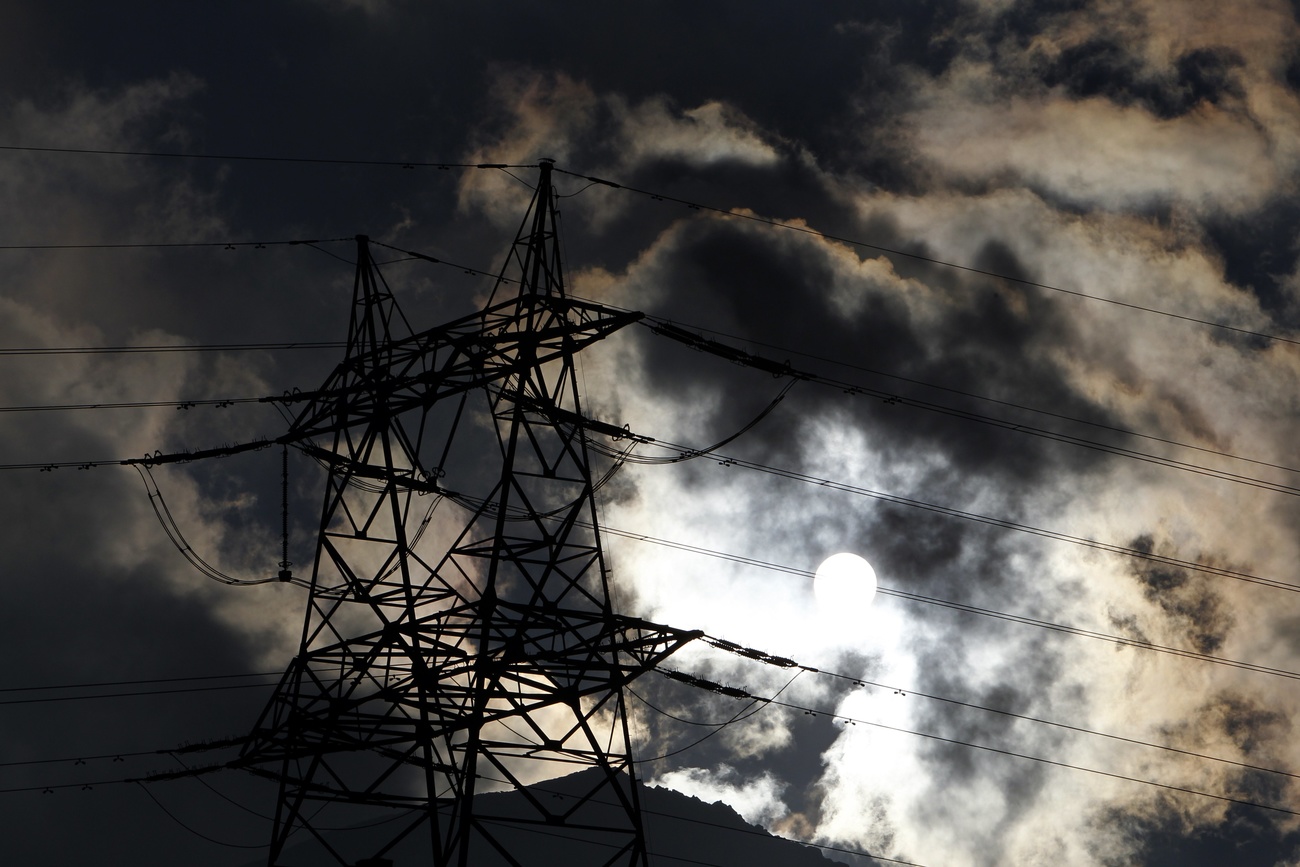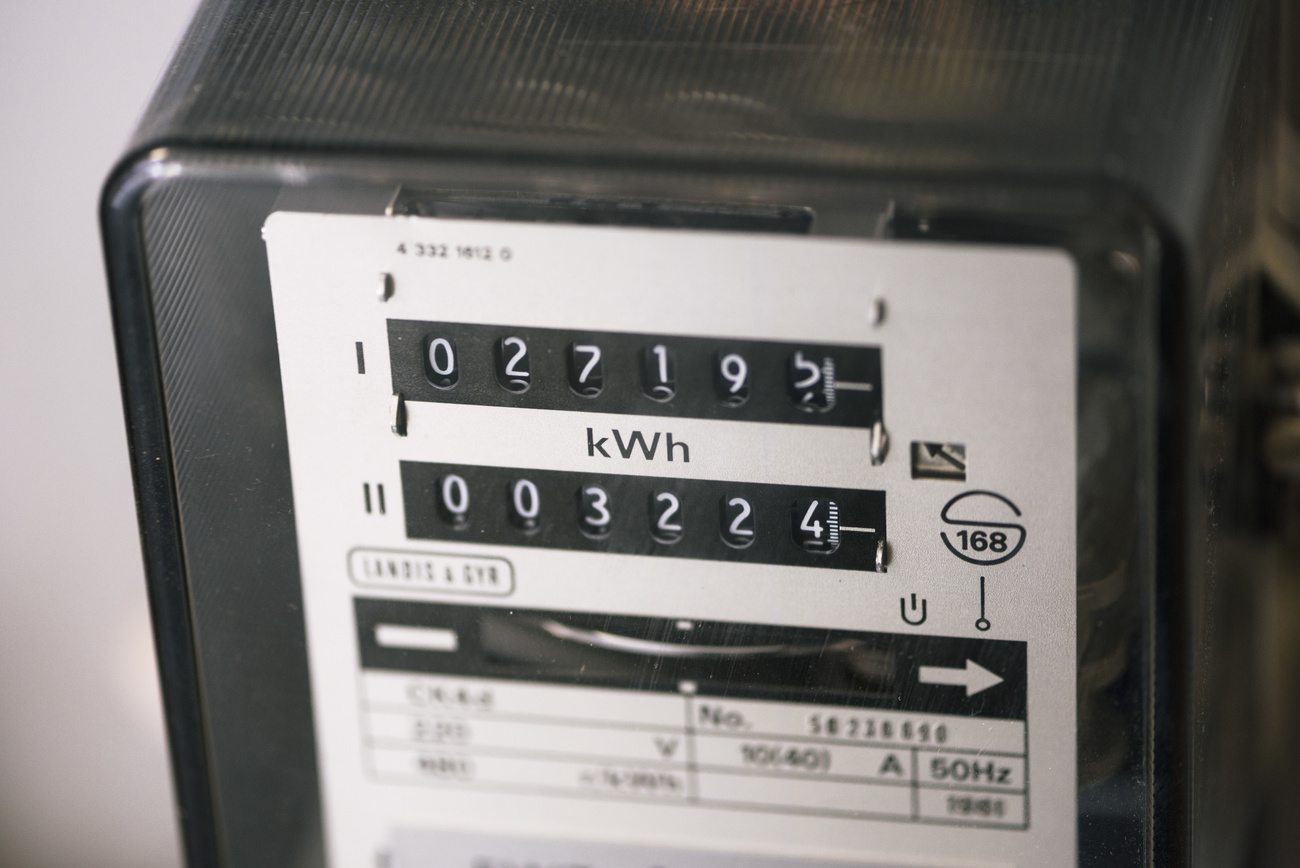
Swiss electricity regulator warns of big rise in power prices

The Federal Electricity Commission (ElCom) has warned that households and businesses face much higher prices next year. It added that "uncertainties" regarding electricity supplies this winter persist.
The independent regulator saidExternal link on Thursday that most of the 172 utilities that had replied to a survey planned to raise tariffs by 47% on average in 2023.
For a five-room household that uses 4,500 kilowatt hours of power a year, this would mean electricity bills would go up by around CHF180 ($188) a year, it estimates.
Companies that use 150,000 kilowatt hours a year face an additional CHF6,000 to their electricity bill, excluding value-added tax, but this could be higher in individual cases, it added.
“The magnitude of the increase in energy tariffs for distribution system operators in 2023 is difficult to predict and will vary between different suppliers,” said ElCom. “A possible tariff increase depends not only on the evolution of prices on the market, but also on the supply strategies and production portfolios of the energy supply companies.”

More
Swiss energy bills contained, but future crunch looms
Electricity prices have risen sharply since August, driven by higher gas prices amid the war in Ukraine, higher coal and carbon prices, and below-average availability of power in recent months from nuclear plants in neighbour France, ElCom noted.
Hydropower and nuclear
So far, Switzerland’s main defence against inflating energy bills is the way it produces energy – mostly from hydropower stations and nuclear power plants. But it still needs to import oil, gas and even electricity (particularly in the winter months).
ElCom said imports of electricity from France would be “very limited” next winter due to the expected low availability of French nuclear power plants.
That meant Switzerland’s structural import requirement of around four megawatt hours in the winter semester would have to be covered primarily by imports from Germany, Austria and Italy, whose exports hinge on the availability of fossil fuels.
However, power from Swiss nuclear power plants is available, industry has cut consumption given high prices, and the government is readying a strategic hydropower reserve for the first time, it said.
“Uncertainties regarding the supply situation should therefore persist until next winter,” said ElCom.
Switzerland, which is not a member of the European Union, currently faces limited progress on integrating with the EU’s electricity market. Brussels wants Switzerland to further liberalise its market to make it compatible with the EU.
The situation has been inflamed by Switzerland last year shelving an institutional agreement with the EU to set an overarching set of rules on its numerous bilateral deals.

More
Energy prices: government considers measures to help households

In compliance with the JTI standards
More: SWI swissinfo.ch certified by the Journalism Trust Initiative


























You can find an overview of ongoing debates with our journalists here . Please join us!
If you want to start a conversation about a topic raised in this article or want to report factual errors, email us at english@swissinfo.ch.